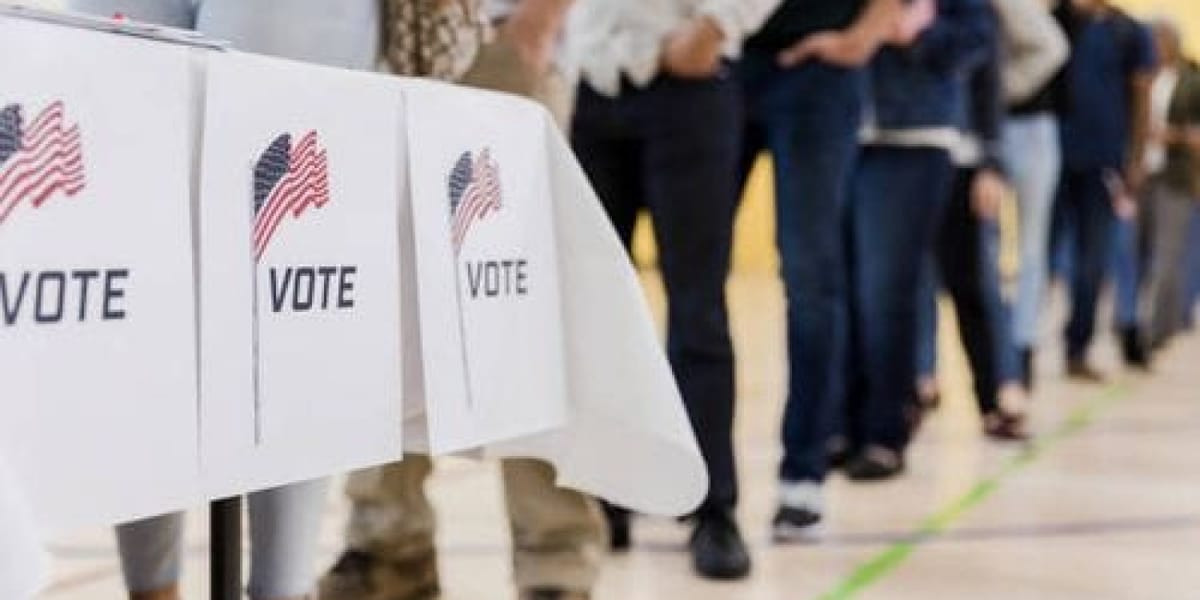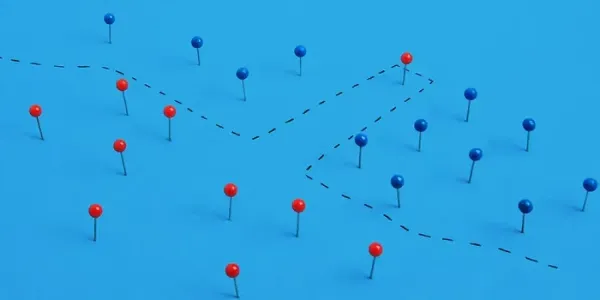More analysis on what happened in 2024 that might point to why
The how matters. Understanding how the electorate changed matters, but reflecting and embracing the deeper why's is the better guide for how to reimagine the Democratic Party and our campaigns.

This week, Catalist released their post-2024 cycle analysis, and Cook Political Report put out an overview of their take on the report trying to clarify "what happened" to the electorate to carry President Trump back to the White House.
"The Obama coalition turned into the Trump coalition"
First off, no it didn't. The report is not making a clear statement about vote switching and identifying Obama voters who became Trump voters – although they do exist. The young voters who voted for President Obama in 2012 are now in their mid-to-late 30s. What we're really talking about here is that the younger, less white, new voters who are like the ones who supported President Obama back then supported President Trump more than anyone expected and that partially because of that Vice President Harris could not effectively assemble enough of a coalition of similar composition as President Biden did to beat Trump. In an election with 10 million fewer voters overall than the COVID-based access expansions of 2020 (which we should consider making permanent as a broader commitment to enfranchisement and civic participation), people not following stale assumptions that were hidden by extra turnout in 2020 and more people who tended to show up in the Obama coalition not showing up as we assumed they would for Harris and turned toward Trump made the difference in the election. AND also that new and sporadic voters who predominantly filled in the deficit from the drop off from 2020 to 2024 were more likely to turn toward Trump over Harris (a first) suggests a similar failure to interpret the motivations of new voters treating Trump as the "change" candidate.
The deeper questions here though are the why's behind both of these patterns. They aren't shifts in individuals. They are predominantly shifts in how the same aggregates are voting differently than those aggregates voted in the past. Their motivations and perspectives are however very consistent, so why is that similar motivation from similar people attaching to such different choices?
Instead of concluding that these people somehow simply lost their minds and transformed into some different species of American, let's be generous in our attempt to understand our neighbors and consider that people aren't stupid or gullible, that both votes might make sense, and then ask ourselves how that might that be true.
- Many of the same types of people who raised their hands for Obama are still looking for something they didn't get from the Obama years.
- Something some of these types of people are seeking is being provided by Trump's rhetoric even if the follow through is morally (and even rhetorically) inconsistent.
Meeting peoples's emotional and moral needs has to come before an expression of policy priorities. Some of these people are voting in their identity and moral interests. They are only "voting against their interests" if we consider short-term economic outcomes the only only interests that matter to people. But this group seems predominantly motivated by class and a populist, anti-inequality frustration (a reactive not proactive posture that is inspired by extrinsic circumstances,.not intrinsic values), and they don't believe in many of the core promises of the American Dream narrative. They don't expect to have social or economic mobility. They don't expect to be better off than their parents. They don't see the power and wild creativity of America's diverse citizenry expanding the foundations of opportunity and validating their ideas of success and of what's possible for them – regardless of their other identities. And so they need someone to alter the foundations of that fundamental promise. That's the interest they are choosing to prioritize. It's a pretty straight line from "Change Washington" to "well that didn't work. Fuck it. Drain the swamp. Break it all." for the folks who did change their votes. And for those who are new to voting with different cognitive or emotional friction to overcome than a party switch, the vote here is ultimately pretty similar thematically even if very different from an approach (analytical, technocratic vs bullying, careless, and lawless) and values (inclusive, just vs zero-sum, cruel) perspective about how to do that work. But people are voting on the why, not the how. So I'm not sure these groups are moving – who they perceive can fill their desperate need for a country that gives them a sense of possibility is changing.
The communities that make up this group also consume information differently and assume very different things about who and what kinds of institutions are willing to help them. If we don't meet them where they are with a genuine emotional connection – rather than continuing to try harder through the same old mechanisms "educating low information voters" which feels smug, condescending, and dismissive because it is, we are not doing the work we say our liberal populist morals demand.
If our priorities and policies actually fill those needs, but our politics and our rhetoric fails to convince people of our promises and commitment, we need to focus on moral clarity (not just better messaging) on a deeper level meeting the emotional and spiritual needs of everyone. And consider where and how we are engaging with these groups in particular and if our tactics are stale. This why isn't the only one to reflect on and reconsider – there are too many dysfunctions in our party and our civic life for there to be only one why and elections are complicated and there are dozens of circumstances and why's that drive the outcomes – but if we are seeing a generational staleness and failure to deliver on a core promisee play out in dramatic power shifts, it seems like a good place to start.
Last updated: 23 May 2025




